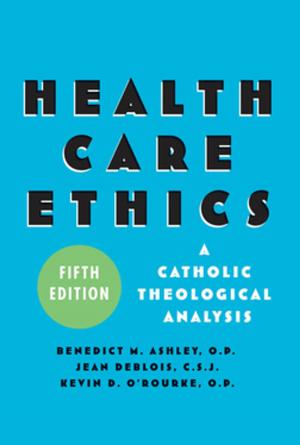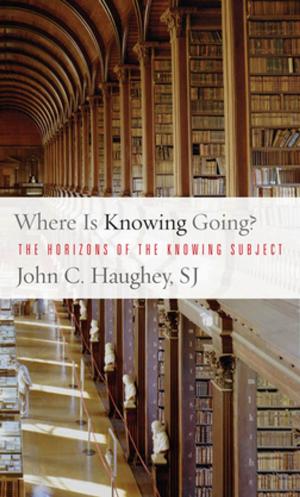The Organ Shortage Crisis in America
Incentives, Civic Duty, and Closing the Gap
Nonfiction, Health & Well Being, Medical, Reference, Health Policy, Ethics, Religion & Spirituality, Philosophy, Ethics & Moral Philosophy| Author: | Andrew Michael Flescher | ISBN: | 9781626165458 |
| Publisher: | Georgetown University Press | Publication: | March 1, 2018 |
| Imprint: | Georgetown University Press | Language: | English |
| Author: | Andrew Michael Flescher |
| ISBN: | 9781626165458 |
| Publisher: | Georgetown University Press |
| Publication: | March 1, 2018 |
| Imprint: | Georgetown University Press |
| Language: | English |
Nearly 120,000 people are in need of healthy organs in the United States. Every ten minutes a new name is added to the list, while on average twenty people die each day waiting for an organ to become available. Worse, our traditional reliance on cadaveric organ donation is becoming increasingly insufficient, and in recent years there has been a decline in the number of living donors as well as in the percentage of living donors relative to overall kidney donors. Some transplant surgeons and policy advocates have responded to this shortage by arguing for the legalization of the sale of organs among living donors. Andrew Flescher objects to this approach by going beyond concerns traditionally cited about social justice, commodification, and patient safety, and moving squarely onto the terrain of discussing what motivates major and costly acts of human selflessness.
What is the most efficacious means of attracting prospective living kidney donors? Flescher, drawing on literature in the fields of moral psychology and economics, as well as on scores of interviews with living donors, suggests that inculcating a sense of altruism and civic duty is a more effective means of increasing donor participation than the resort to financial incentives. He encourages individuals to spend time with patients on dialysis in order to become acquainted with their plight and, as an alternative to lump-sum payments, consider innovative solutions that positively impact living donor participation that do not undermine the spirit of the National Organ Transplant Act of 1984. This book not only re-examines the important debate over whether to allow the sale of organs; it is also the first volume in the field to take a close look at alternative solutions to the organ shortage crisis.
Nearly 120,000 people are in need of healthy organs in the United States. Every ten minutes a new name is added to the list, while on average twenty people die each day waiting for an organ to become available. Worse, our traditional reliance on cadaveric organ donation is becoming increasingly insufficient, and in recent years there has been a decline in the number of living donors as well as in the percentage of living donors relative to overall kidney donors. Some transplant surgeons and policy advocates have responded to this shortage by arguing for the legalization of the sale of organs among living donors. Andrew Flescher objects to this approach by going beyond concerns traditionally cited about social justice, commodification, and patient safety, and moving squarely onto the terrain of discussing what motivates major and costly acts of human selflessness.
What is the most efficacious means of attracting prospective living kidney donors? Flescher, drawing on literature in the fields of moral psychology and economics, as well as on scores of interviews with living donors, suggests that inculcating a sense of altruism and civic duty is a more effective means of increasing donor participation than the resort to financial incentives. He encourages individuals to spend time with patients on dialysis in order to become acquainted with their plight and, as an alternative to lump-sum payments, consider innovative solutions that positively impact living donor participation that do not undermine the spirit of the National Organ Transplant Act of 1984. This book not only re-examines the important debate over whether to allow the sale of organs; it is also the first volume in the field to take a close look at alternative solutions to the organ shortage crisis.















